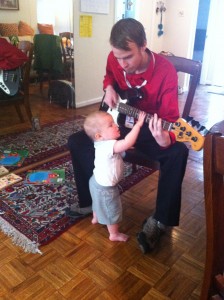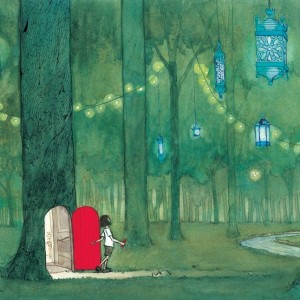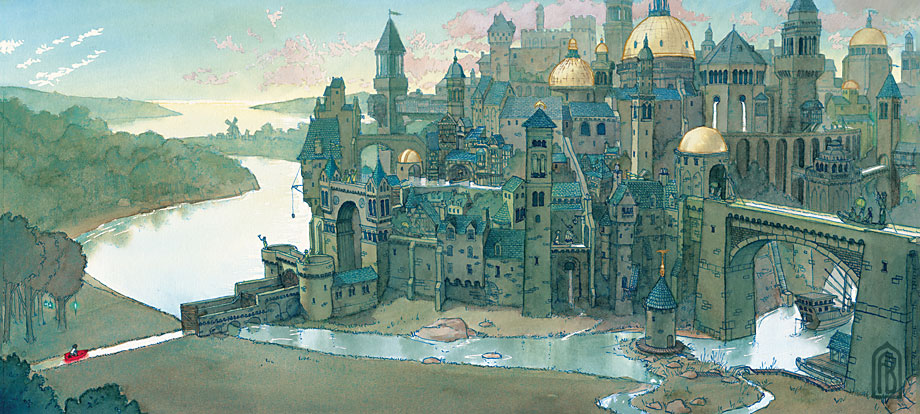Until recently, I had nearly forgotten to what extent poetry has been a part of my life, through every stage of my life. When I began to think about it, I realized that in my early childhood, there were the nursery rhymes my mother read to me. Later in childhood there were the English poetry collections that I would browse during my lazy summer days (so glad I had those!) and read Wordsworth, Tennyson, both Brownings, etc. There were the poems I memorized in school (Robert Frost and some Shakespeare sonnets come to mind) and a book of Emily Dickinson which I loved and read for many years. Then there were Whitman, Thoreau and Emerson. Later, there were Rilke, Rumi and various ancient Chinese and Japanese poets. Then Mary Oliver and Billy Collins – which brings me to where I have been residing (poetically) recently – mostly among contemporary American poets.
I’ve been absorbing poems of Denise Levertov and Christian Wiman and discovering many other poets who are too many to name here. I am rediscovering the joys of reading and re-reading slowly and deeply, finding the layers of meanings and the music in the sounds of the words. It’s not unlike getting to know a piece of music.
Recently, while flipping through one of my anthologies, I happened upon a poem by Ellen Bryant Voigt called “Song and Story.”
The opening image is that of “a girl strapped in her mechanical crib,” presumably a baby in an incubator, whose pulse deepens and steadies as her mother sings to her. Later, Voigt moves into the world of ancient Greece with Orpheus and Eurydice, who was taken to the underworld.
She did not sing — you cannot sing in hell —
but in that viscous dark she heard the song
flung like a rope into the crater of hell,
Then soon comes the line,
The one who can sing sings to the one who can’t,
who waits in the pit…
I found this line to be so moving – and so timely, in thinking of those whose lives are in turmoil right now. It occurred to me that this is precisely what we do for each other when others are sitting in darkness. We sing for each other – whether by words expertly strung together in a beautifully crafted poem, or through our music, or through our loving actions. We sing so that those who cannot sing know that there is life and hope waiting for them. However faintly they may hear the song at the moment, it exists for them.
The poem ends with these lines, a reminder that the song (and hope) is always there:
the song, rising and falling, sings in the heartbeat,
sings in the seasons, sings in the daily round —
even at night, deep in the murmuring wood —
listen — one bird, full-throated, calls to another,
little sister, frantic little sparrow under the eaves.
You can read the entire poem here.






